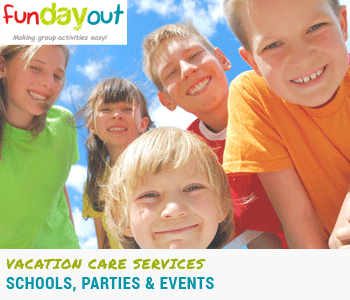Oral health is a continuing concern all over the world. Oral diseases remain a significant concern, affecting more than 3.5 billion people worldwide. So far, it has been impossible for dentists to tackle the issue. According to Brenda Heaton, Ph.D., MPH, and an assistant professor of health policy and health services research at Boston University, as much as dentists encourage oral health, our family and friends also have an impact. Heaton and her colleagues have been researching oral health and diseases among residents.
Primarily, they have focused on assessing whether or not motivation can impact how women look after their kid’s oral health and diet. This is mainly for children who already have dental caries. According to the evidence they have gathered, motivational interviewing is influential in how women care for their children’s dental health. They also found out that social networks, beyond social media, significantly impact oral health.
How Social Networks Influence Oral Health
Some women in their interviews have been raised in family units and are now raising their kids in the same units. That means grandmothers, mothers, and their children are living there together. The close connection they have established by being born and growing up in the same units has significantly influenced their behavior. Therefore, researchers must get into these networks if they want their education against dental diseases to be successful.
It is easier for people to believe information if it comes from someone they know or respect. That means people are more willing to listen to people they are close to in the network. That means the information will have less impact if it comes from someone outside the community.
Researchers aim to spread all the available resources on proper oral health, not just about fighting tooth decay. They are also spreading the word about full mouth arch-on dental implants and other dental procedures that help improve oral health. Their ultimate aim is to introduce health information to communities in a way that will benefit individuals in the long term. They understand that the only way their information can be impactful is to use community members with influence. In that case, they are utilizing social networks to discover how information flows through communities. Heaton is spreading resources on good oral hygiene to combat tooth decay and showing how oral health is linked with other health issues.
Heaton says it is impossible to design interventions without a solid understanding of the network structure. Dental content is critical to passing information, especially for the uninformed communities, whether in research or business. By maximising your dental content, social marketing has more authority. This allows your information to reach and influence more people. It is crucial to take advantage of existing connections or develop new ones. This powerful approach has helped researchers focus on prevention rather than curing already existing dental problems. According to Heaton, dental decay is preventable when communities are informed.
The Bottom Line
Social networks influence a person’s behavior, even without realizing it. This is true even in how people view and handle oral health. From the research, understanding social networks and how people pass information is crucial. Social networks have an effect on oral health among individuals. Discussing oral health within social networks is vital since it can remind individuals of the importance of seeing the dentist and caring for their teeth.











